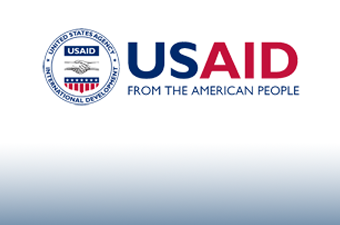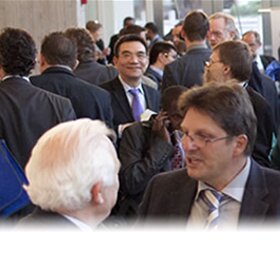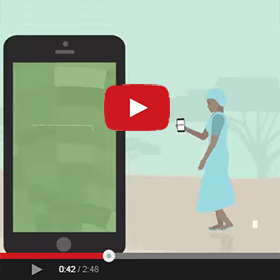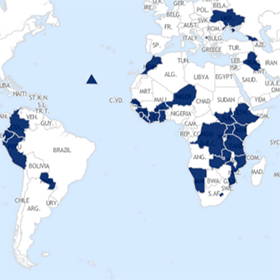
Recent reports of a more stable political environment and more effective economic policies in the Central African Republic (CAR) have begun to indicate the possibility of a more positive future for the 4.4 million citizens of this low-income, landlocked, resource-rich and sparsely settled nation that occupies an area roughly the size of Texas. Constraints to realizing greater economic growth and human development are enormous: inadequate transport infrastructure; banking infrastructure incapable of supporting greater investments; low levels of technology; high levels of illiteracy; limited access to healthcare and education; and neighbors experiencing ongoing domestic and regional conflict (with frequent spillovers into the territory of the CAR). USAID does not have a presence in Bangui, and threats of violence have occasionally caused the US Embassy to close its doors. The United States government (USG) provides development assistance largely through the medium of regional projects.
Governance of the mineral and timber resources of the country is of concern to the USG. The Congo Basin forest reserves are second only to those of the Amazon; many view the sustainable management of these reserves as a key to mitigation of climate change. While the CAR does not possess the largest segment of the Basin forests, timber exports are an important source of export revenues, and the sector provides a substantial amount of employment in CAR. USAID‘s Central Africa Regional Program for the Environment (CARPE) includes assistance to the CAR because part of the Sangha Tri-National area – one of CARPE‘s 12 priority landscapes – is located in the CAR. The USG is also interested in ensuring that the CAR‘s diamond reserves are managed in accordance with the Kimberley Process, which tracks the source of diamonds in an effort to identify conflict diamonds, and appropriately recognizes the property rights of the small-scale artisanal diamond miners. The Property Rights and Alluvial Diamond Development (PRADD) pilot project was launched in 2007 in the CAR as a joint activity by the US Embassy and USAID and has already demonstrated practical ways to achieve these goals.
The majority of CAR‘s population is rural, dependent largely on farming or animal husbandry (primarily in nomadic systems) for food and incomes. Conflict and violence have periodically displaced people from their homes, increasing the threat of hunger and food insecurity. Because poor transport and market infrastructure have limited the potential for commercial production and possible export to neighboring countries or to world markets, much of the production is destined only for family consumption or local-market sale. Two-thirds of the population is estimated to live below the poverty line. The United Nation‘s Human Development Index has placed CAR at or near the bottom of the rankings for many years. Greater security of land tenure rights could help to increase investments for productivity, especially in small irrigation facilities and for women farmers, but an array of other interventions will also be needed to improve the productivity and performance of the agricultural sector overall.
If the USG or other donors decide to invest greater resources in addressing critical issues of property rights and resource governance, the first questions will be where to begin and how to sequence interventions. The people of CAR prioritize their needs as follows: restoration of law and order, followed by transparent and effective management of public services; increased income (especially in rural areas); and improved access to social services, particularly housing and water. As long as stability and peace are maintained, both through the 2010 elections and beyond, efforts to strengthen the legal and institutional foundations governing access to land, security of land rights, and sustainable and fair exploitation of CAR‘s mineral and forest wealth would appear to be of high priority.




